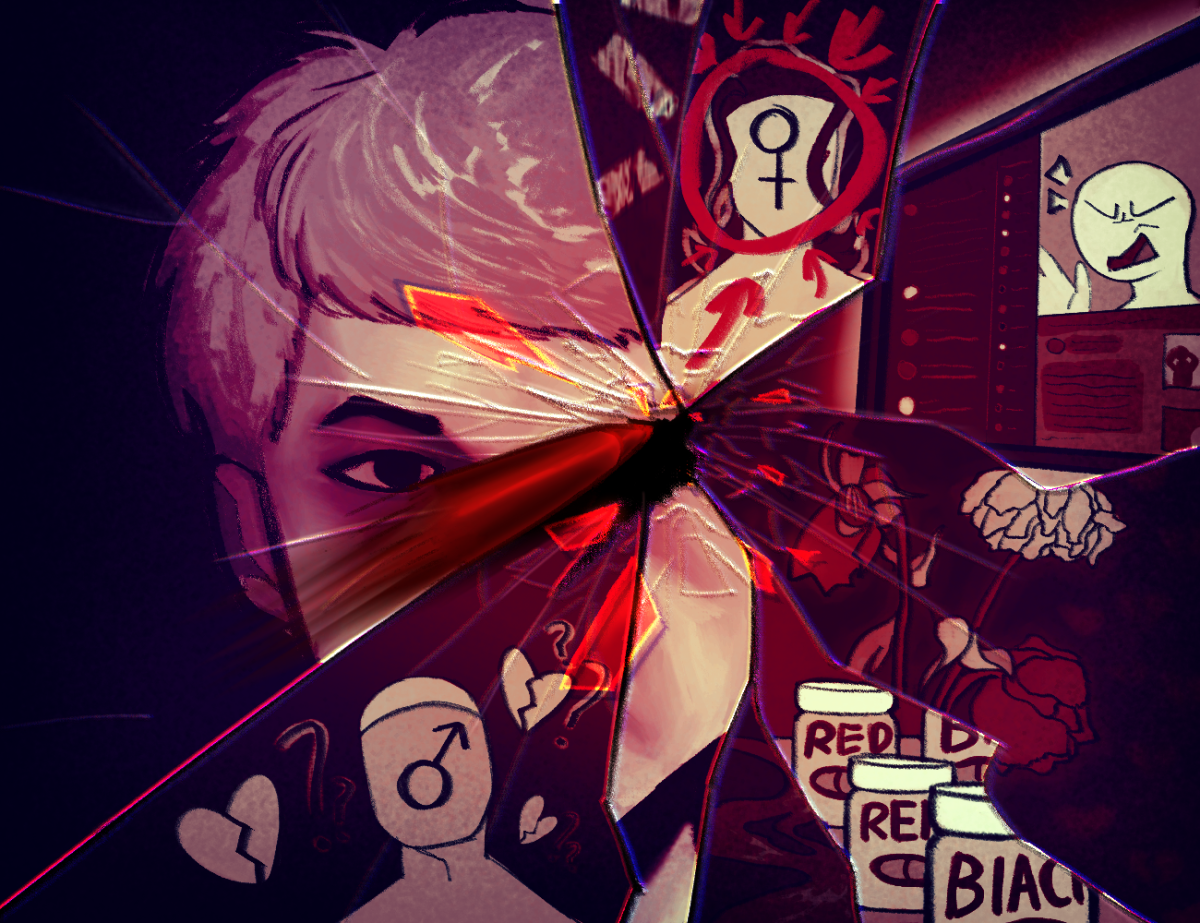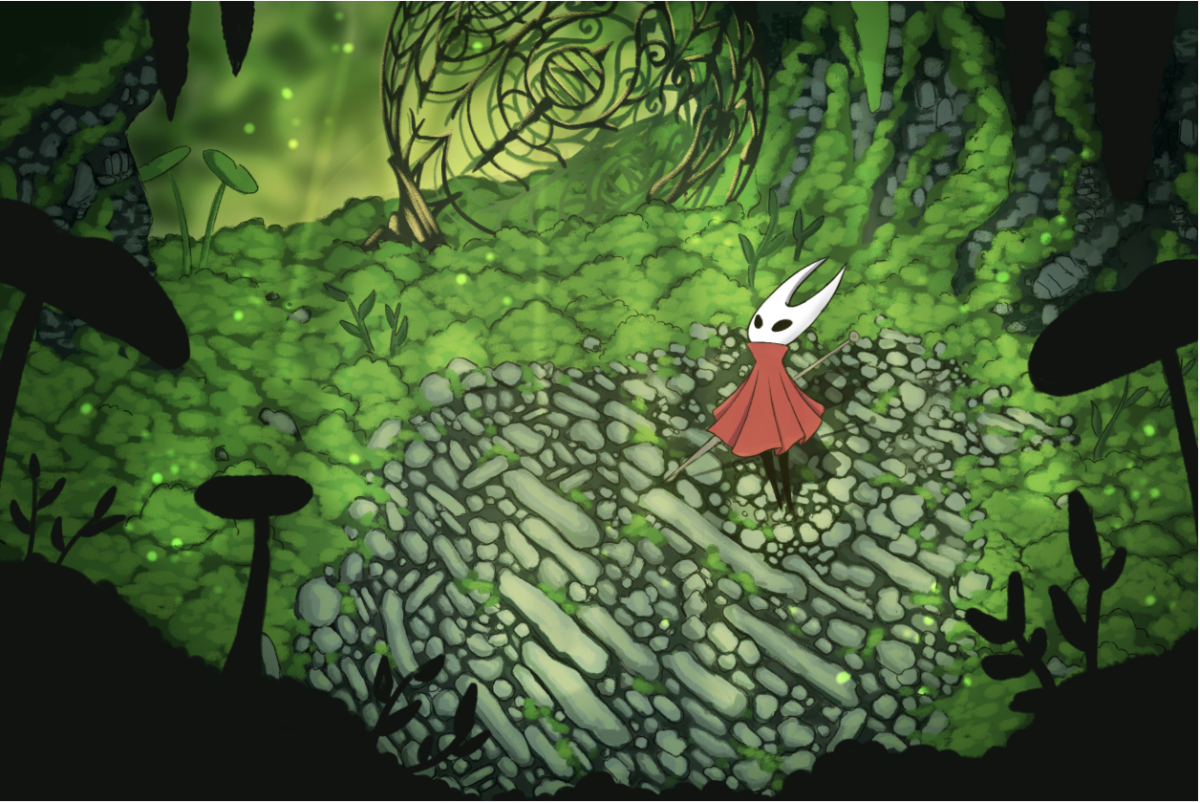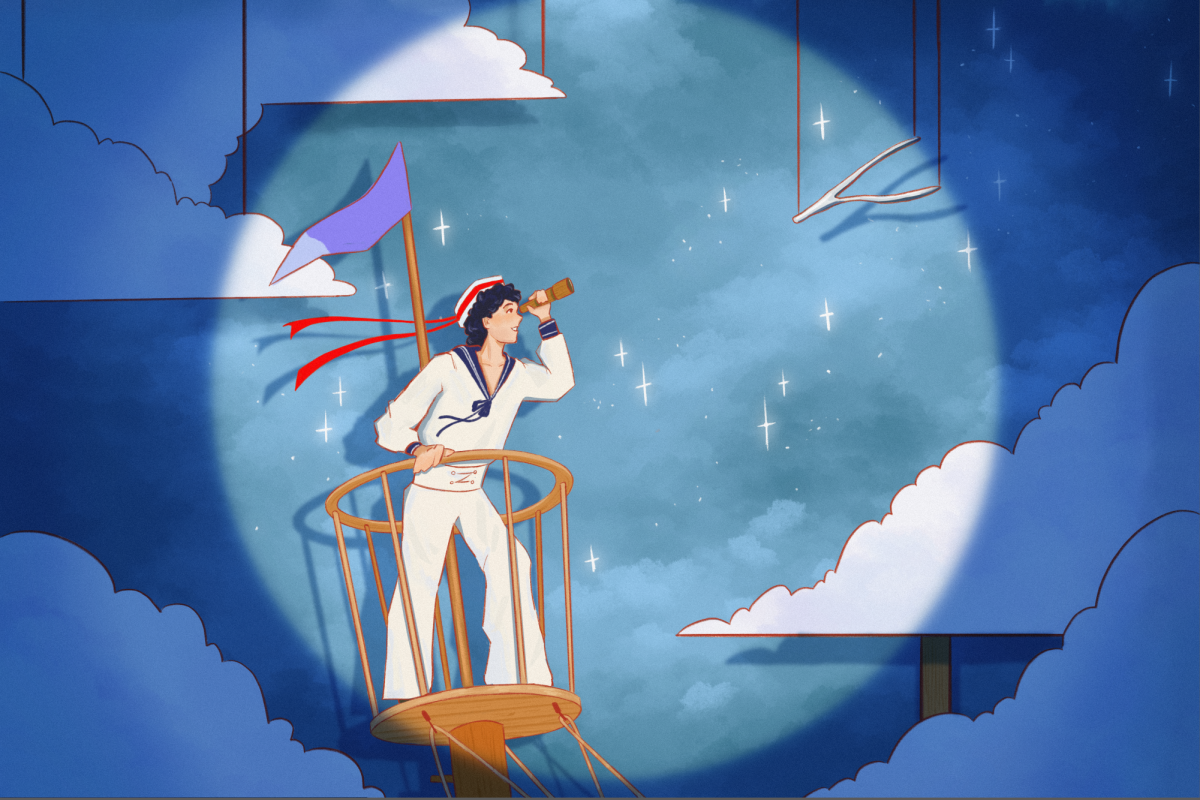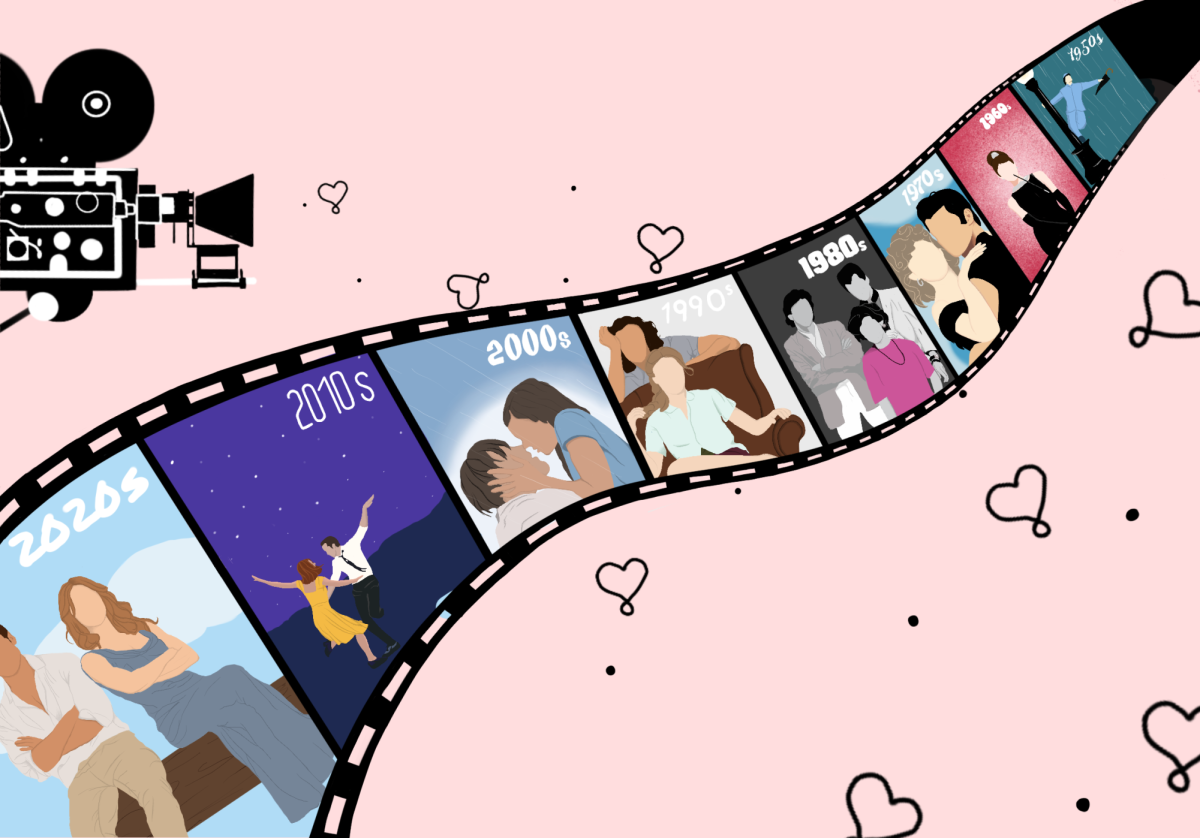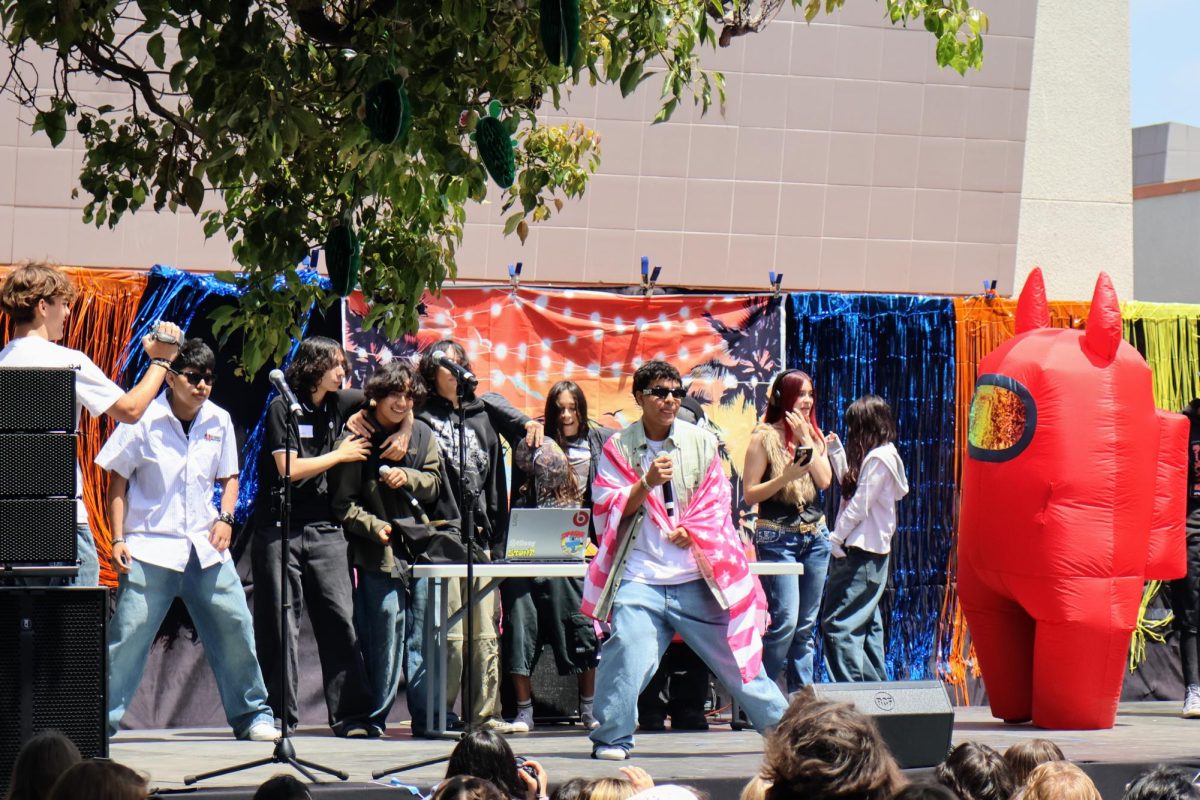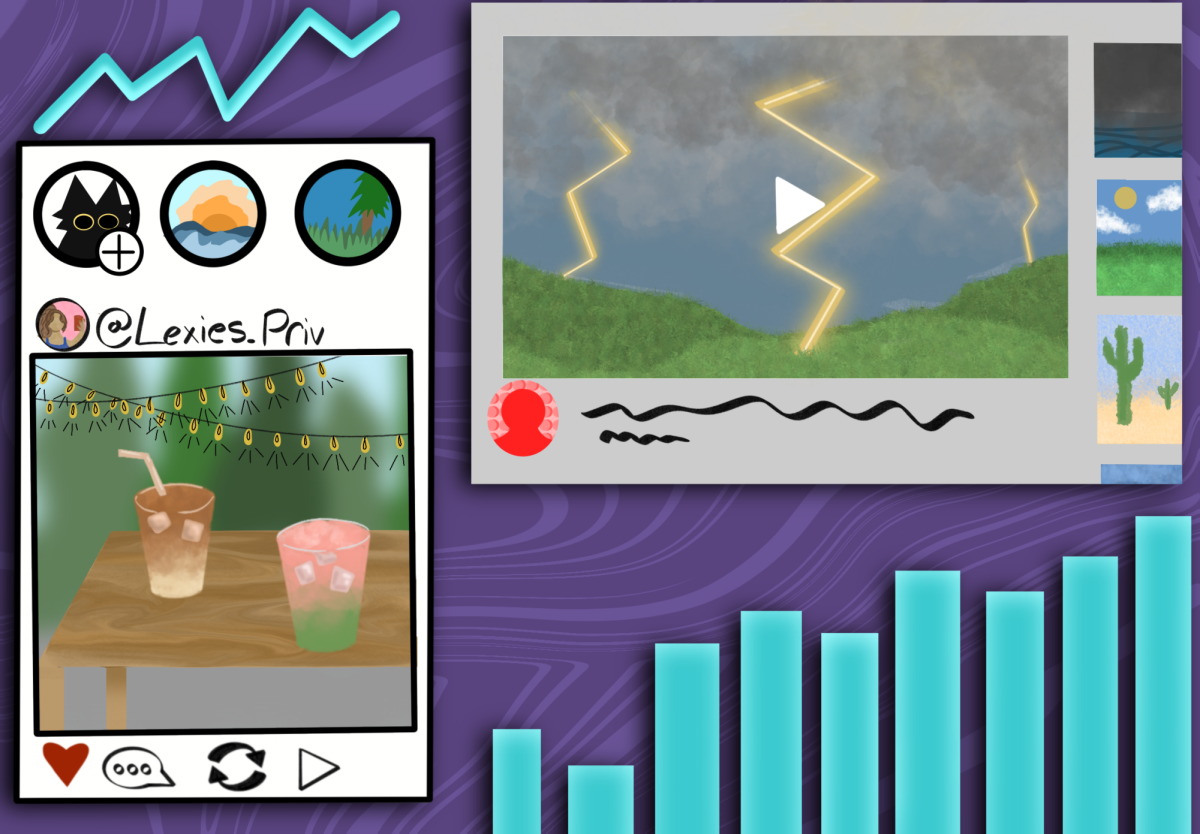An “incel,” or “involuntary celibate,” is defined as a “heterosexual man who blames women and society for their lack of romantic success” by the Anti-Defamation League (ADL). Often ending in extreme, misogynistic and otherwise harmful actions, such a culture may not appear to be particularly unique in the age of 2025. But as of March 13, 2025 with the arrival of a particularly terrifying Netflix mini series, such dismissiveness may have to be given a closer look.
While the idea itself is not particularly new, the term “incel” was coined in the 1990s by a woman who was only known for her first name, Alana (CNN). The owner of a personal website called “Alana’s Involuntary Celibacy Project,” Alana initially used the term while discussing feelings of “shyness and social awkwardness” with others on the site who also struggled to find loving relationships. Though the word’s original meaning was far from harmful, it began to take on many other forms as time went on.
In 2014, after having moved away from her own community for 15 years, Alana was appalled at the direction in which “incel culture” had gone. That May, a 22-year-old man named Elliot Rodger killed seven (three by stabbing and four by gunfire) and injured 14 (seven by gunfire, seven struck by motor vehicle) in a misogynistic killing spree known as the Isla Vista killings. Rodger was found dead later that day after crashing his car into another vehicle, his final cause of death being a self-inflicted gunshot to the head.
Before the incident, Rodger sent a lengthy video and manuscript telling his life story to family, friends and his therapist. “My Twisted World: The Story of Elliot Rodger” later became known as his manifesto — likely the first document demonstrating the increasing prominence of incel culture. This inspired a variety of other incidents, such as the Plymouth shooting in 2021.
Naturally, it has since grown in its home, the internet. Many more ideas were born, namely the development of a type of code, known as internet “pills.” Known by the ADL as the “extremist medicine cabinet,” the idea of pills are typically used by one to convey their mindset when it comes to political beliefs — or just how much of an extremist they are when it comes to involvement in manosphere culture. These pills can take on many forms, but the most prevalent include the red pill, black pill, rape pill and siege pill. Such terminology stemmed from the original 1999 film, “The Matrix,” inspired by Neo’s (Keanu Reeves) iconic decision between the safe blue pill or the red pill, which would enlighten him to the “real world.”
Much like this supposed “enlightenment,” incel culture views such realizations in a very similar way. Being “redpilled,” for example, refers to the act of being awoken to the perceived reality that women dominate both sexes’ potential for romantic fulfillment, and that 80 percent of women are attracted to just 20 percent of men. This belief has led many redpilled incels to work on their looks, in order to get out of their “inceldom” and become part of the 20 percent women would be attracted to. However, this is the most hopeful of the incel beliefs, especially in comparison with the siege pill, which is gone into more depth by the ADL.
Recently, inceldom has been put into the spotlight by the recent release of a Netflix mini series, known as “Adolescence,” which was released on March 13, 2025. Following the story of a 13-year-old boy who was accused of committing a murder on a female classmate, the three-part series explores how an incel is created and the dangers of such dark places on the internet to younger audiences of this generation. The show, filmed episode by episode fully without cuts, was an absolute success with an incredible performance by first-time actor Owen Cooper, and won four nominations for the 2025 Gotham Television Award. For those seeking a much deeper understanding of the topic, the haunting experience of “Adolescence” is well worth the watch.
Incel culture, while the sentiments are not particularly new, has taken quite the dangerous twist in recent years, fueled by the ever-growing internet. Individuals should always proceed the web with caution, because not only can it harm the mental health and overall wellbeing of those most susceptible, but it can also be life-threatening to those around them.


